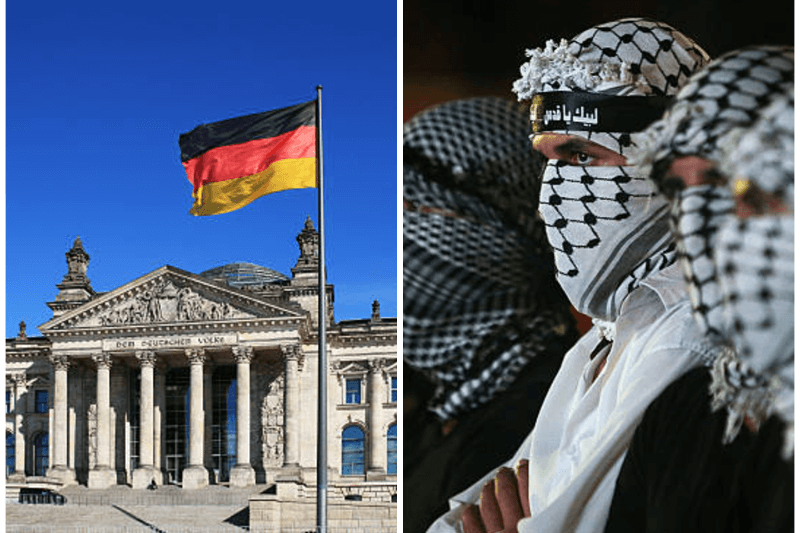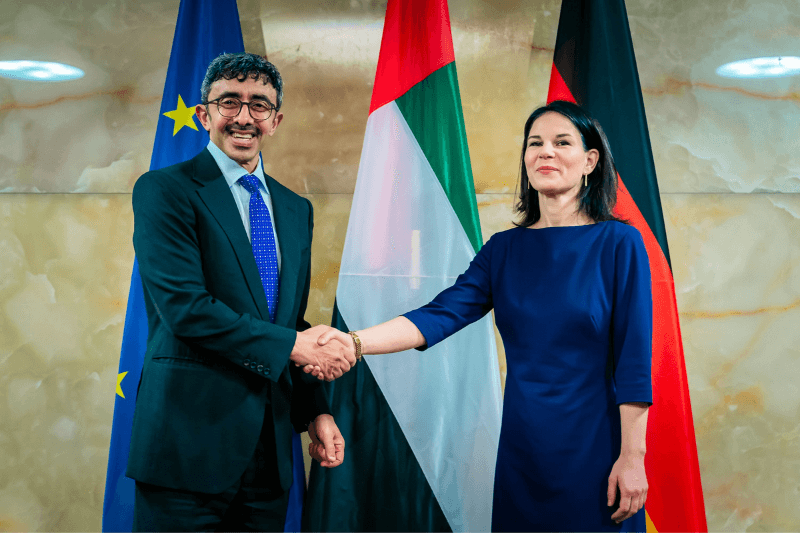
German foreign ministry defends Thai King’s visa-free stay in Bavaria
Despite objections raised by the German parliament over the visa-free stay of Thai King Maha Vajiralongkorn, for months at stretch during the initial lockdown, the country’s foreign ministry said that he didn’t require a visa. For the past few years, Thailand’s monarch, along with his entourage, has been frequently visiting the country to stay in the southwestern state of Bavaria.
With regard to his frequent trips to the European nation, German government raised two key issues. One surrounding the nature of the Thai King’s visa and other if he was conducting the state affairs for his nation from Germany, which the German law prohibits.
In January, the ministry wrote a letter addressed to Wolfgang Schaeuble, president of the Bundestag, offering clarification over the matter. The foreign ministry stated that the Thai monarch did not need a visa when entering the country, and hence the German authorities could not control his visits or duration of his stay. Though its not clear if the Thai monarch was controlling his state from Germany or not.
In the letter, the ministry added that King Vajiralongkorn needed a visa till he was a crown prince but not after he became the head of state.
Reports claim that Thai King was living in Bavaria until October, and returned back to his kingdom to commemorate the fourth anniversary of his father’s death. His visit back home was met with rising protests against the Thai government, led by Prime Minister Prayuth Chan-ocha, who was slammed for his pro-royalist tone and allowing the army to maintain its grip on power. Student-led demonstrations demanded Prayuth’s resignation and rejection of the new constitution which extended more power to the monarchy. The protestors called for reforms to curb the powers of King Maha Vajiralongkorn.
Student protestors even marched towards and carried demonstration outside the German embassy in Bangkok to press the European nation to conduct fair investigation into the king’s activities in Germany. Foreign Minister Heiko Maas then responded that the authorities would “permanently review the goings-on and act immediately if things are found that we perceive to breach the law.”
Contradicting the ministry’s claim, the parliamentary researchers submitted a document stating, “The granting of visa-free entry for the Thai king’s private visits in Germany cannot be justified through utilization and interpretation of the relevant laws… At best, one can assume the existence of a legal loophole.”
Sevim Dagdelen, the member of the Left Party and party’s representative on the Bundestag’s foreign affairs committee, was the one to push initiate the parliamentary researchers towards the issue, demanding clarification over Thai King’s stay in the country, even during the lockdown months when everything was shut down. “The Federal Government must stop pretending its hands are tied and start to use the immigration law’s leeway to stop the Thai king from continuing his despotic governing from Germany,” Dagdelen told media.
Slamming foreign ministry’s coverup for the Thai’s travels and stays in German, Margarete Bause, the Greens’ spokesperson on human rights, said that the latest Bundestag’s presidential research document was less than a slap in the face for the German government. “The foreign ministry has for months been wiggling around the issue and uses any possible legal grey zone to avoid positioning itself clearly,” said Bause. “Especially in view of the increasingly harsh crackdown against the Thai opposition, it is irresponsible that the German government effectively grants the Thai king permanent special rights,” she added




